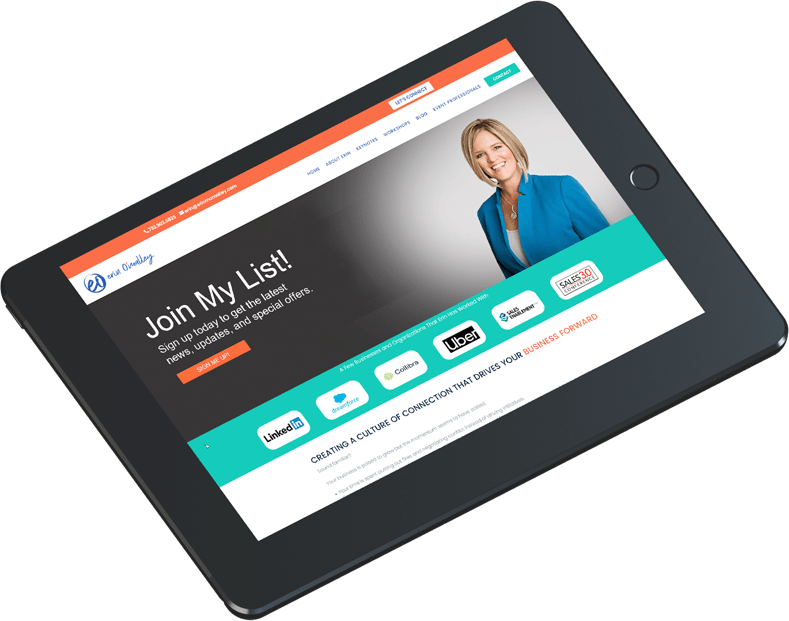The Trick to Fewer Projects: How to Stop the Fixing

“It may sound awful, but I think you just gave me a little trick to get out of a lot more projects that I shouldn’t be working on in the first place.”
Ummm, why would that sound awful? That sounds delightful!
That was the collective reaction to a participant’s recap about what had been most useful to her during a recent workshop.
I could tell from the moment she hit “unmute” to share her thoughts that there was something going on for her–some sort of shift. As she shared, I listened to her words and couldn’t help but think her scenario was all too familiar. As I listened, I could feel her emotions coming through in her words: ease, relief, release, and hope.
Her scenario? She was an analytical thinker. A problem solver. A fixer. In her words: “I’m the fixer. My friends come to me for advice.”
When the role of fixer comes naturally to us, it can be a double-edged sword. It feels GOOD to be the problem solver, the advice giver, the one to make the situation go away. It can also bring on a whole lot of extra work, as she was realizing.
“I can’t tell you how many times being the fixer has looped me into more work that I never had to do.”
Ouch. I could feel the realization in her words, and then I noticed the collective head nod from the other folks in the workshop. Clearly, she was not alone.
“Not everyone wants their problem solved– sometimes it turns people away. We’re too busy fixing everyone’s problems.”
Ain’t that the truth, on both counts. This was the conundrum she found herself in: she was a natural fixer and was good at it. She also knew it was adding to her workload. Then realizing that sometimes her fixing was giving people an answer they weren’t looking for.
What she didn’t know was what to do differently. How could she show people that she cared, that she was paying attention, that she was listening without providing the answer?
“I got myself into it because I didn’t have another way to relate to someone and feel like they were being heard.”
Then came the four words that inspired her reflection: Feel before you fix.
“I feel like these little tiny four words made a huge shift for me.”
It’s shocking how more often than not people do NOT want advice. They do not want a solution. What they do want? To feel heard. To be seen. Someone to say, “Dude. I get it.”
Feel before you fix. Relate to them. Feel them. Acknowledge out loud what they are experiencing.
You could almost see the tension release from her shoulders as she started to embrace this theory–that she didn’t have to come up with all of the answers and the solutions. What she had to do was relate. Acknowledge. And perhaps, that would be an even more impactful and meaningful solution than her fixes and advice.
When we feel before we fix, we show the person we care and fulfill that natural desire to be helpful. The other person feels acknowledged, heard, and seen, and can decide on what advice they need.
Less work for her + more ownership for them = an amazing equation of connection.
Watching her talk through her transformation in her 2-minute recap was pretty darn sweet. Hearing the ease, relief, and calm in her voice as she solidified the shift in her mind was what made us yell (nicely) that there was nothing awful about her revelation! Own it, feel before you fix, and run with it!

Join My List!
TIPS ON CREATING A “CULTURE OF CONNECTION”
Are you tired of reading the same regurgitated information? Do you want to learn
fresh, new connection tactics that your competition doesn’t know about? Just click the button below to subscribe today to get the latest news, updates and special offers.


0 Comments